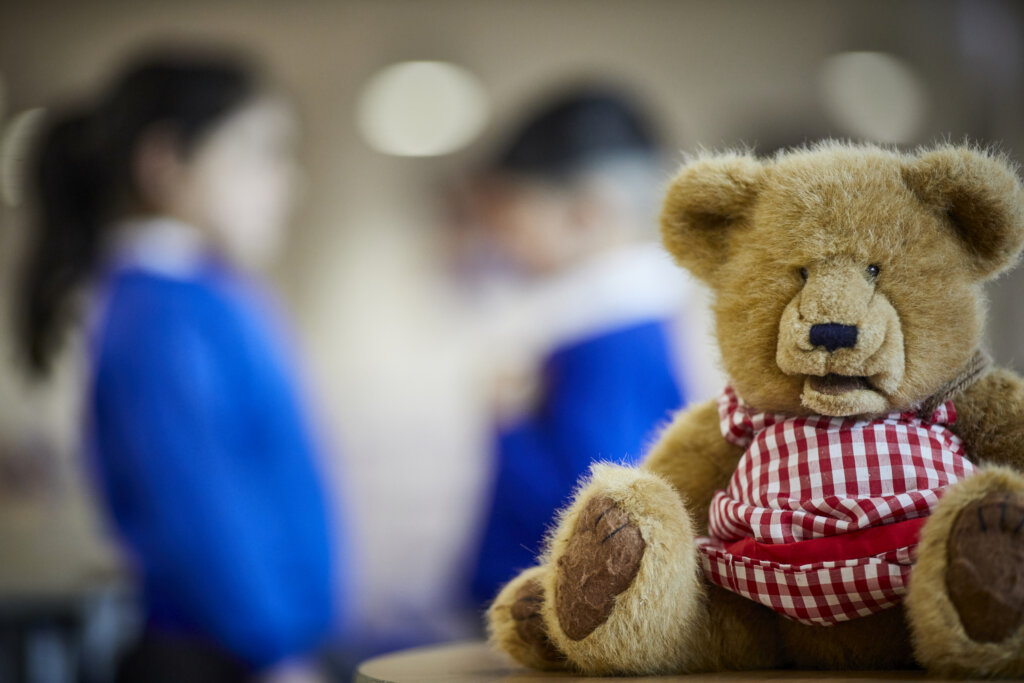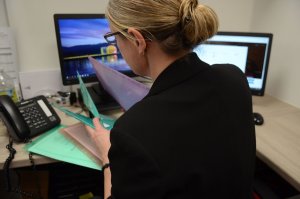For most schools, today will mark the second week of being closed to the majority of pupils and as we know, this has presented a number of challenges for schools, especially around safeguarding.
On Friday (27th March) the Department for Education issued some further guidance for schools on interim safeguarding procedures during the Covid-19 school closures. This guidance can be consulted and it is advisable that all staff, especially senior leaders and designated safeguarding leads, become familiar with this.
The guidance has also outlined key actions that need to be implemented by schools as soon as possible, particularly a Covid-19 addendum within the setting’s safeguarding policy, and schools must ensure that this is done to ensure best safeguarding practice for their pupils.
We must recognise that in the majority of cases, the same safeguarding procedures should be followed as per your setting’s policy and that the statutory legislation in Keeping Children Safe in Education 2019 should always be followed. We should also remember that this information may be updated at any time so senior leaders may wish to read it on a regular basis to ensure that they do not miss any further updates or amendments.
One particular area that I would like to cover is the role of the DSL, in that although there may not be a trained DSL on site, there should be somebody available to contact via the phone or video link. Where cluster schools or multi-academy trusts have pupils from various schools in one building, it is the responsibility of the host school to ensure that all best safeguarding practice is in place and adhered to. Where designated safeguarding lead training has expired for individuals, this will not be seen as a barrier to them fulfilling this role.
Some key areas that schools may wish to think about with regards to safeguarding their pupils are summarised below.
The current situation throughout the country means that our children and young people are more at risk to situations than ever before and for many, the lack of intervention and support from schools means that their vulnerability is heightened.
- Online safety: children and young people will be more active online in the current climate than ever before and it is important that they are reminded of how to keep themselves safe online. It is also a good idea to share information with parents on how to best supervise their child’s online activity and to ensure that their parental controls are in place. There are many resources available to support this; Internet Matters, CEOP, UK Safer Internet Centre and Childline to name just a few.
- Child Exploitation: In particular, criminal exploitation. Organised Crime Gangs will take advantage of the current situation where children are at home and are having less contact and conversation with professionals. They are more at risk than ever before and we must ensure that communication is made with pupils who we feel may be at risk and that appropriate referrals are made if necessary.
- Safer Recruitment: schools must ensure that any new members of staff or volunteers have had the appropriate safer recruitment checks and that they have completed an induction. Although it is currently far from “business as usual” in schools, we must be aware that unfortunately, abusers will look to take advantage of the current climate where they may feel they have a better opportunity to gain access to children. We must ensure that our safer recruitment procedures are as robust as ever so that the safeguarding of our children is prioritised.
- Vulnerable children: Designated Safeguarding Leads will have awareness of which children are most vulnerable and as we know, those children who have social workers have been allocated school places during the covid-19 school closures. However, some parents may still wish for their child to be kept at home despite their child being offered a place. In these cases, particularly where school staff feel those children may be at risk, we must ensure that appropriate communication is made and safety plans are in place. For those children where DSLs have considerable concerns, social workers should be informed immediately. We must also take into account that there will be a number of children who do not have social workers but are considered by the school to be vulnerable. The DfE guidance explains that schools can use their own discretion when offering places to these pupils and that there is a degree of flexibility that can be used with regards to this.
Finally, many schools have been considering various online learning platforms so that their pupils can access their lessons and although this sounds like a productive, innovative way of accessing their education, we must be aware that there are safeguarding implications. Before considering online teaching and learning, schools or colleges must have the following in place:
- Staff Code of Conduct: which covers acceptable use of technology, staff and pupil relationships
- ‘Teaching and Learning Online’ policy: which clearly outlines the platforms that will be used by the school and will give parents a clearer idea of what should be expected when their child accesses these platforms. It will also outline expected conduct of both the teacher and child or young person.
We recognise that schools are faced with various challenges at the moment and it can often be difficult to keep up to date with new guidance or legislation and ensure that we are doing the very best for our staff and pupils. As much as it is paramount that we are aware of these updates, we must also ensure that we are thinking about the mental health and wellbeing of both our colleagues and ourselves. Please do take the time to reflect and seek support if needed and ensure that your wider staff team are aware of the support that they can access as well.
If you require any further support for your setting during the Covid-19 school closures, the Department for Education also have a helpline (0800 046 8687) and email address (DfE.coronavirushelpline@education.gov.uk) which can be contacted for further advice if required.















